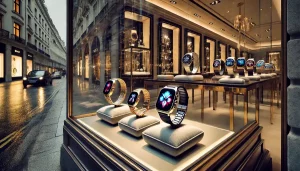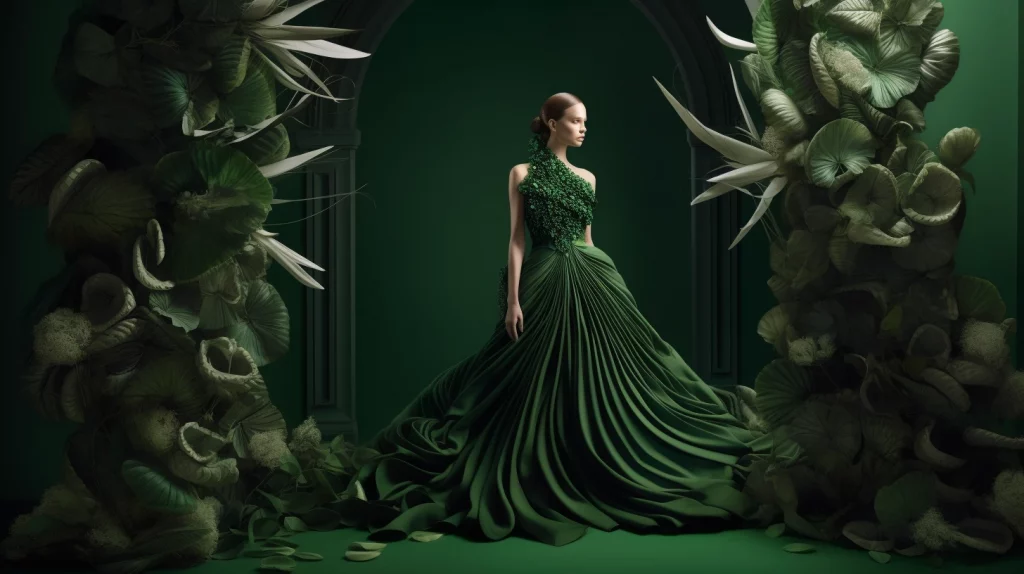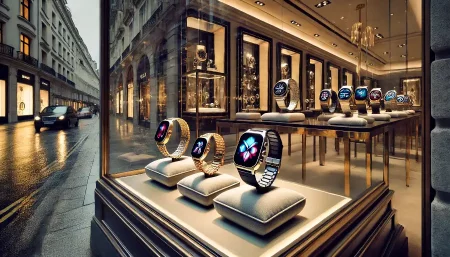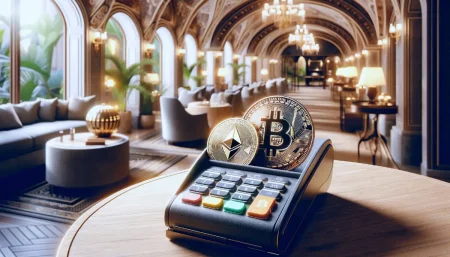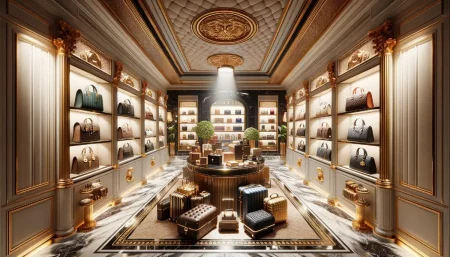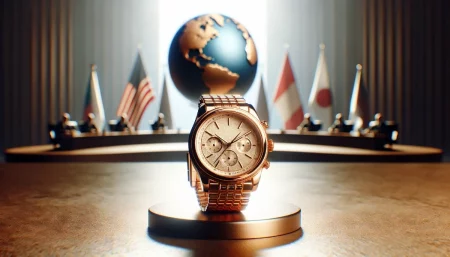The luxury market has always been synonymous with extravagance and indulgence. However, in recent years, a growing awareness of the need for sustainability has transformed the industry, as consumers increasingly demand environmentally responsible and ethically sourced products. This shift is driving the rise of sustainable luxury products, significantly impacting the market and setting new standards for the future of luxury.
Consumer Values Drive the Demand for Sustainable Luxury
As climate change and environmental concerns take center stage, consumers are becoming more conscious of their purchasing decisions. The demand for sustainable luxury products is soaring, fueled by a desire for guilt-free indulgence and a genuine concern for the well-being of the planet. Luxury brands have responded by incorporating eco-friendly materials and practices into their products, aligning with consumer values and reinforcing the notion that luxury and sustainability can coexist harmoniously.
A Shift Driven by Consumer Demand
According to a report by Bain & Company, the luxury market is becoming increasingly aware of the importance of sustainability, as 62% of customers now believe that luxury products should be durable and long-lasting, and 80% of customers think that luxury fashion houses should commit to managing the entire life cycles of their products. Additionally, the Fashion Transparency Index reveals that 99% of major luxury brands are now prioritizing transparency, including disclosure of their workers’ living wages. As a result, the growing consumer demand for sustainable and ethically produced luxury items is driving brands to take action and adapt to these evolving preferences.
The Business Benefits of Sustainable Luxury
Adopting sustainable practices can offer luxury brands a range of business benefits. By embracing sustainability, companies not only enhance their brand image and appeal to environmentally conscious consumers but also minimize supply chain risks associated with environmental regulations and resource scarcity. Furthermore, investing in sustainable luxury products can potentially lead to long-term cost savings, as efficient resource use and waste reduction can lower operating costs.
The Future of Luxury: Innovative and Eco-friendly
The rise of sustainable luxury products is transforming the industry, pushing the boundaries of innovation and creativity. As sustainability becomes a critical differentiator, luxury brands are expected to develop groundbreaking materials and manufacturing techniques to minimize their environmental footprint. From lab-grown diamonds and leather alternatives to circular design and closed-loop production processes, the future of luxury is set to be defined by its commitment to the environment.
Challenges and Barriers in Adopting Sustainable Practices
In the journey towards sustainability, luxury brands face several challenges that make the transition difficult. These hurdles include complexities in the supply chain, increased costs, and the need for industry-wide collaboration. For instance, ensuring ethical sourcing and traceability of raw materials is crucial, but can be difficult due to globalized and intricate supply chains. Moreover, adopting sustainable practices might initially increase production costs, potentially affecting the brand’s profitability. Finally, collaboration between brands, suppliers, and other stakeholders is essential to bring about systemic change in the luxury industry, but coordinating these efforts can be challenging.
Notable Success Stories and Industry Leaders
Several luxury brands and designers have made significant strides in embracing sustainable practices and have become role models within the industry. Stella McCartney, for example, is known for her commitment to ethical and eco-friendly fashion, using innovative materials and reducing waste in her designs. Gucci has also made significant efforts to minimize its environmental impact, announcing a ten-year sustainability plan to achieve complete carbon neutrality. These brands, among others, demonstrate that the transition towards sustainability is not only possible but can also enhance a brand’s reputation and appeal to environmentally-conscious consumers.
Opportunities for Innovation and Growth
The increasing demand for sustainable luxury products presents brands with opportunities for innovation and market expansion. By developing new, eco-friendly materials and production processes, luxury brands can differentiate themselves from competitors and appeal to a growing segment of environmentally-conscious consumers. Furthermore, sustainable practices can help brands reduce waste and improve resource efficiency, leading to long-term cost savings and enhanced brand reputation. Embracing sustainability not only helps luxury brands meet the expectations of today’s discerning consumers but also positions them for success in the rapidly evolving luxury market.
What makes a luxury product sustainable?
| Feature | Description |
|---|---|
| Eco-friendly materials | Sustainable luxury products are made from materials that have a minimal environmental impact, such as recycled or biodegradable materials, organic fibers, or responsibly sourced materials. |
| Ethical sourcing | Luxury brands ensure that the materials and components used in their products are sourced from suppliers that adhere to ethical labor practices, fair wages, and safe working conditions. |
| Energy-efficient production | The manufacturing process for sustainable luxury products involves reducing energy consumption, utilizing renewable energy sources, and implementing energy-efficient technologies. |
| Waste reduction | Sustainable luxury products prioritize waste reduction, which includes minimizing packaging, utilizing production waste for other purposes, and embracing a circular design approach. |
| Longevity and durability | High-quality craftsmanship and durability ensure that sustainable luxury products last longer, reducing the need for frequent replacements and minimizing the environmental impact. |
| Transparency and traceability | Brands offering sustainable luxury products maintain transparency in their supply chains and production processes, enabling consumers to trace the origins and environmental impact of their purchases. |
| Responsible disposal and recycling | Sustainable luxury products are designed with end-of-life disposal in mind, promoting recycling or repurposing to minimize waste and extend the product’s life cycle. |
| Positive social impact | In addition to environmental considerations, sustainable luxury products should also contribute to social well-being, such as supporting local communities or promoting fair labor practices. |
Consumers are becoming more environmentally conscious, seeking guilt-free indulgence in luxury products that align with their values. This is driving the demand for sustainable and ethically sourced luxury items.
By embracing sustainability, luxury brands can enhance their brand image, appeal to eco-conscious consumers, minimize supply chain risks, and potentially lower operating costs through efficient resource use and waste reduction.
The growing demand for sustainable luxury products is pushing the industry to innovate, develop eco-friendly materials and manufacturing techniques, and redefine luxury through a commitment to the environment.




